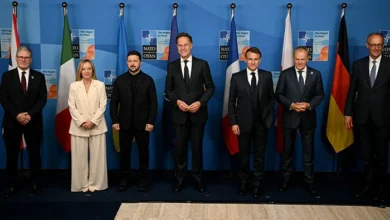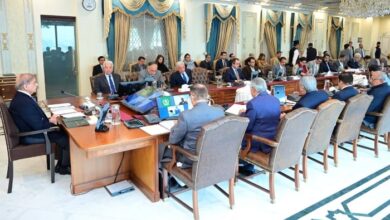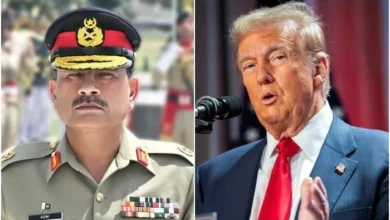After listening to Prime Minister Imran Khan’s speech in Islamabad I think that the government was well aware of the sensitivity of Tehreek-e-Labbaik protests. If this were the case, then the question arises of why, despite it being fully aware of the issue, did it mishandle the case?
After eight days of protest, it was announced that Prime Minister Imran Khan will finally addressed the nation today. He has lamented that political and religious parties in Pakistan misuse Islam, and damage their own country. He has said that he was working to solve the problem by starting a campaign to present this case in the United Nations and European Union. He has written the heads of Muslim countries to raise the issue in the international arena. The only problem is: we’ve heard this all before.
Is this a time for yet more thinking rather than action? The tide of extremism has been rising. It was not so long ago that our armed forces dealt with extremists in Zarb-e-Azb Operation. We lost hundreds of thousands of lives, suffered financially, endured international pressure. Our infrastructure was destroyed in towns and cities. Can we afford a war against extremism again? Can we further tolerate being labeled terrorists? We are already under scrutiny from FATF, battling Covid as a less developed country adds to our challenges.
We boast to the world that we have been victorious against terrorism, but what have we learnt from this victory? They say that great nations learn from history. Have we learnt to make false promises to people filled with religious anger? Our Prime Minister was silent even though he normally loves to address our youth every week. A most senior parliamentarian, Interior Minister Sheikh Rasheed disappeared after one press conference. There was a media black-out and social media was temporarily suspended. Is this the most effective way to handle such a sensitive situation?
Yesterday three people were killed and hundreds others, including 15 policemen, were injured in a clash between TLP workers and the police, but nobody knew what happened in Lahore. This statement was released: “Today in the early morning, miscreants attacked Nawankot Police Station where Rangers and Police officers were trapped inside the police station and DSP Nawankot was kidnapped and taken to the markaz, the miscreants were armed and attacked Rangers/police with petrol bombs,” the Punjab police said in a statement referring to the TLP headquarters.
The protesters rejected this description of events, saying that they were not armed and had been protesting peacefully. A TLP spokesperson said the clash started when police launched an operation to clear the area around Lahore’s Yateem Khana Chowk, where workers of the banned party had been staging a protest since earlier this week. Subsequently, the former chairman of the Ruet-e-Hilal Committee announced a nationwide strike against the government’s handling of the situation, endorsed by JUI-F chief Maulana Fazlur Rehman and Jamaat-e-Islami amir Sirajul Haq. After these announcements, people were confused whether to go to work or not, because the clerics called a strike.
We have historic examples of cases in which the blasphemy law has been used falsely. The one that made international headlines was of Asia Bibi who was acquitted by the Supreme Court in Oct 2018. She left Pakistan. Then there was the Salmaan Taseer case, and the Kot Radha Krishan Christian couple. And who can forget the TLP protest over the Election Act of 2017. All of them have made clear what can be the consequences of mishandling such cases.
Instead of going to the Supreme Court, the government should take this issue to parliament. Politicians talk, they negotiate. Someone has to mediate through careful negotiations. After a confrontation with protesters, the government has realized that the only solution is to negotiate. Interior Minister Sheikh Rasheed shared details of the talks which are underway. The talks must not be a one-time salve. They should find a permanent solution to this crisis.






